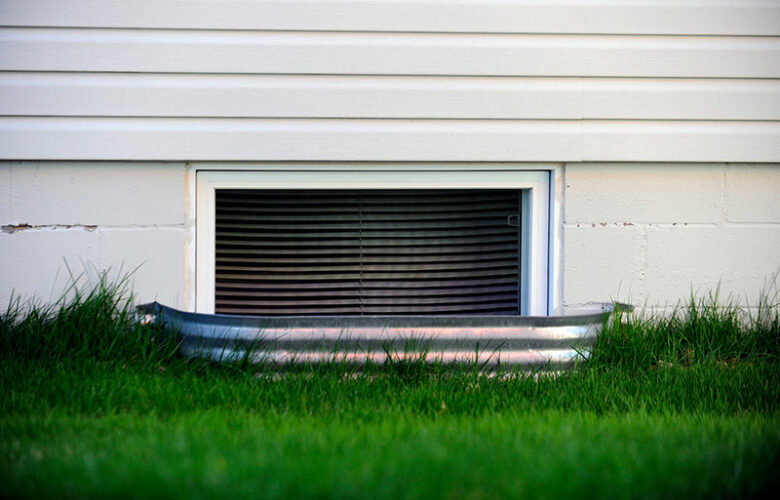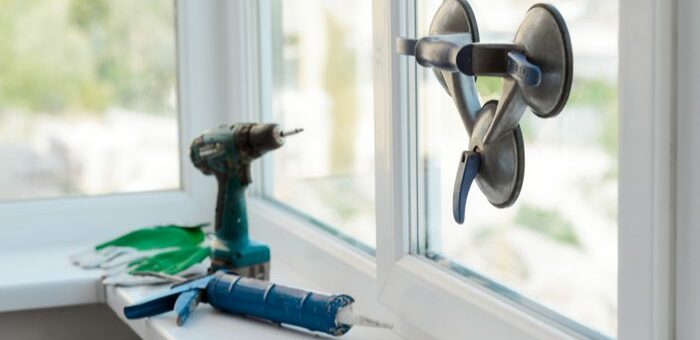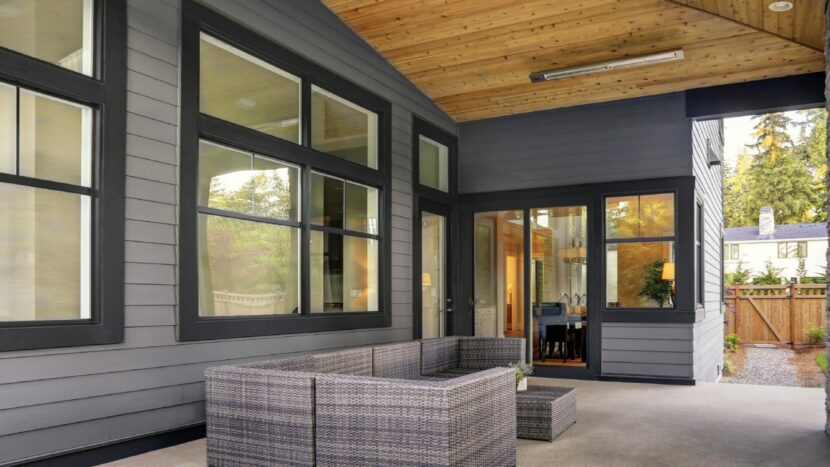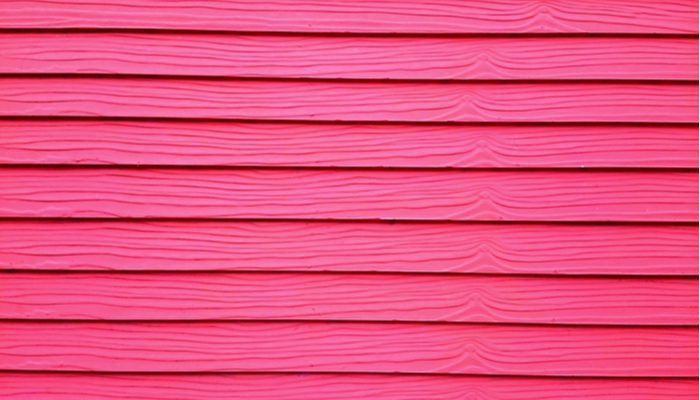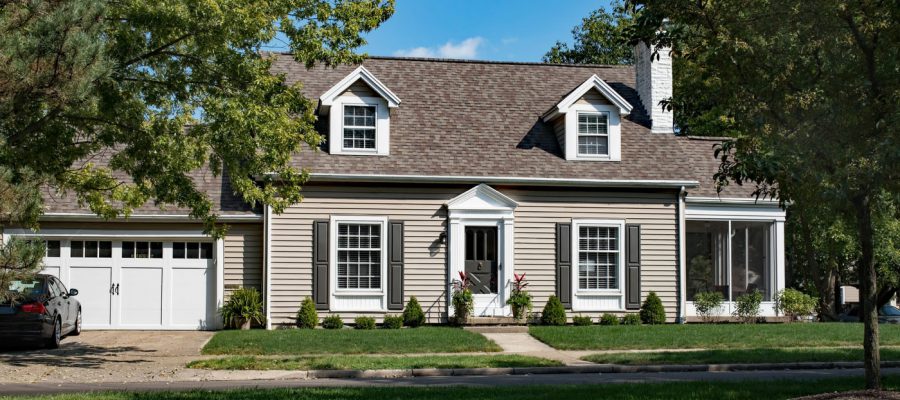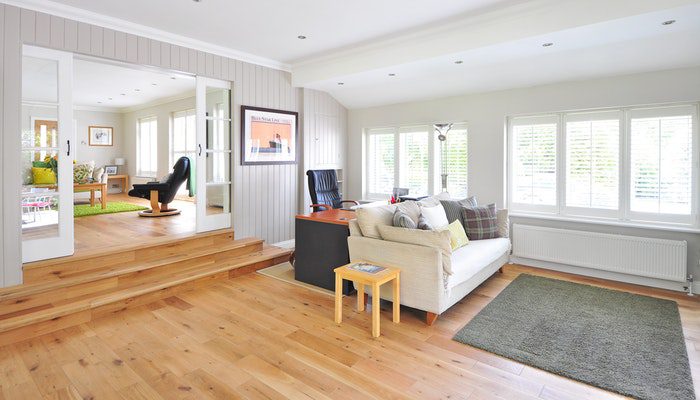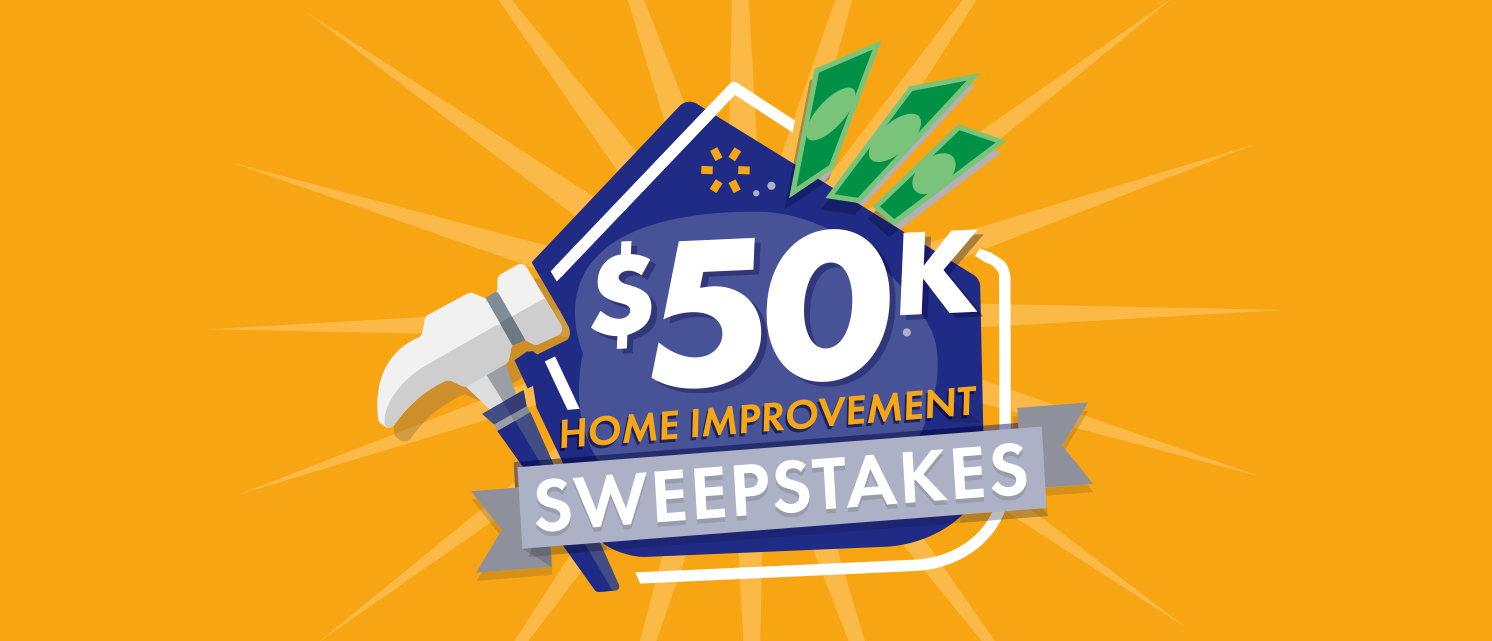What is R-Value in Insulation and Why Does it Matter?

If you’re looking to lower your heating and cooling costs, there’s no better way than home insulation. By properly insulating your home, you will not only reduce your energy bill but also improve the overall comfort of your own home — most common types of insulation work by slowing down conductive heat flow.
The heat will flow from warmer to cooler areas until there is no longer a temperature difference. When it comes to your home, this means that in winter, heat will flow from all heated spaces to the exterior or adjacent unheated areas such as your attic, basement, or garage.
Heat flow will also happen less directly through interior ceilings, walls, and floors, whenever there is a difference in temperature. During the summer, however, the opposite takes place, with outdoor heat trying to flow inside your home. Insulation acts like a barrier that mitigates that heat flow. It is here that the insulation material’s R-value comes into play.
What are R-Values?
The R-value stands for the insulating material’s thermal resistance. The higher the R-value, the greater its effectiveness. That said, every type of insulating material has its own R-value, which is measured based on its overall density and thickness.
With some insulating materials, its thermal resistance can go down over time and can be affected by things such as aging, moisture accumulation, temperature, and compression. Nevertheless, when calculating the R-value of a multi-layered installation, it’s enough to add the individual R-values of each layer.
In general, a greater insulation thickness will translate to an increased R-value. Yet, with some types of insulation materials such as loose-fill, the settled density of the product will increase due to the compression of added weight. This means that, with loose-fill insulation, the R-value will not increase proportionately with more material.
How Much R-Value Do You Need?
The amount of insulation recommended for your home is mostly dependent on its geographical location, elevation, and climate. To determine just how much insulation you will need, it’s best that you consult your home improvement contractor. That said, here are some general guidelines to help you make an informed decision:
- Attic Insulation – If you live in a cold climate, the recommended minimum for your attic insulation is R-49. This R-value is the equivalent of about 16″ of fiberglass insulation. For warmer climates, the minimum is around R-38 or higher.
- Wall Insulation – The type and effectiveness of your wall insulation will be dependent on the width of the studs. Generally, fiberglass batts for standard 2×4 walls can be found in different densities ranging from R-11 to R-15. Sprayed foam insulation, however, can vary from R-14 to an R-28.
- Floor Insulation – When it comes to your floor, there are several other things to take into consideration, such as proper venting or moisture issues. Nevertheless, the United States Department of Energy recommends an R-value of R-25 rating in cold climates and an R-11 in warm climates for floor insulation.
Keep in mind that you don’t need to live in a cold climate to need insulation. Those residing in generally warm places will also stand to benefit a great deal. This home improvement project is one of the most cost-effective, helping you lower your energy bills, reduce your carbon footprint, and improve the overall comfort of your home.
Get a Free Estimate Today
50% off installation. Special financing available. See details.


